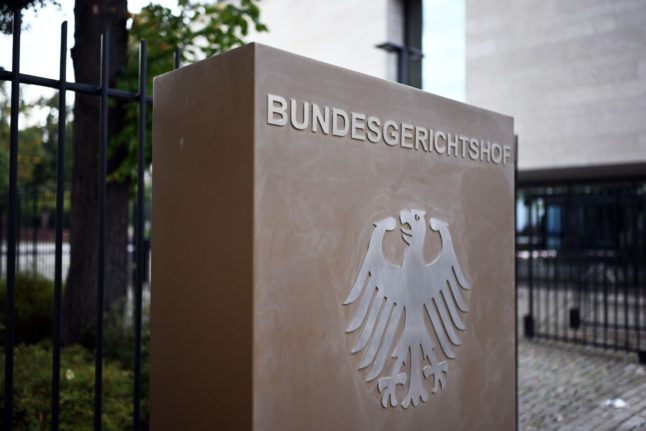The police arrested a 30-year-old suspect from the town Rastede, chief public prosecutor Roland Herrmann in nearby Oldenburg said on Wednesday evening.
A court had already issued an arrest warrant for murder and premeditated dangerous interference in traffic a day earlier. The German man, who is originally from Kazakhstan, then confessed.
The man said his motive for the deed was “general frustration” and that he regretted his actions.
A 33-year-old mother of two was killed in March when the man threw a 6-kilogramme wooden block from a motorway bridge on the A29 motorway near Oldenburg. The block crashed through the windshield and hit the woman, who was sitting in the passenger seat. Also traveling in the car were the victim’s husband and two children, aged seven and nine. They were not injured.
According to the authorities, the man had come to the police two weeks ago after they were considering doing mass DNA tests in the region to find the perpetrator. He told them he cleared a block of wood from the bike path on the bridge while riding to his drug dealer by putting it on the railing. Investigators put little credence in the man’s story.
The police said the man, who came to Germany 16 years ago with his family, was “seriously addicted to drugs.”



 Please whitelist us to continue reading.
Please whitelist us to continue reading.